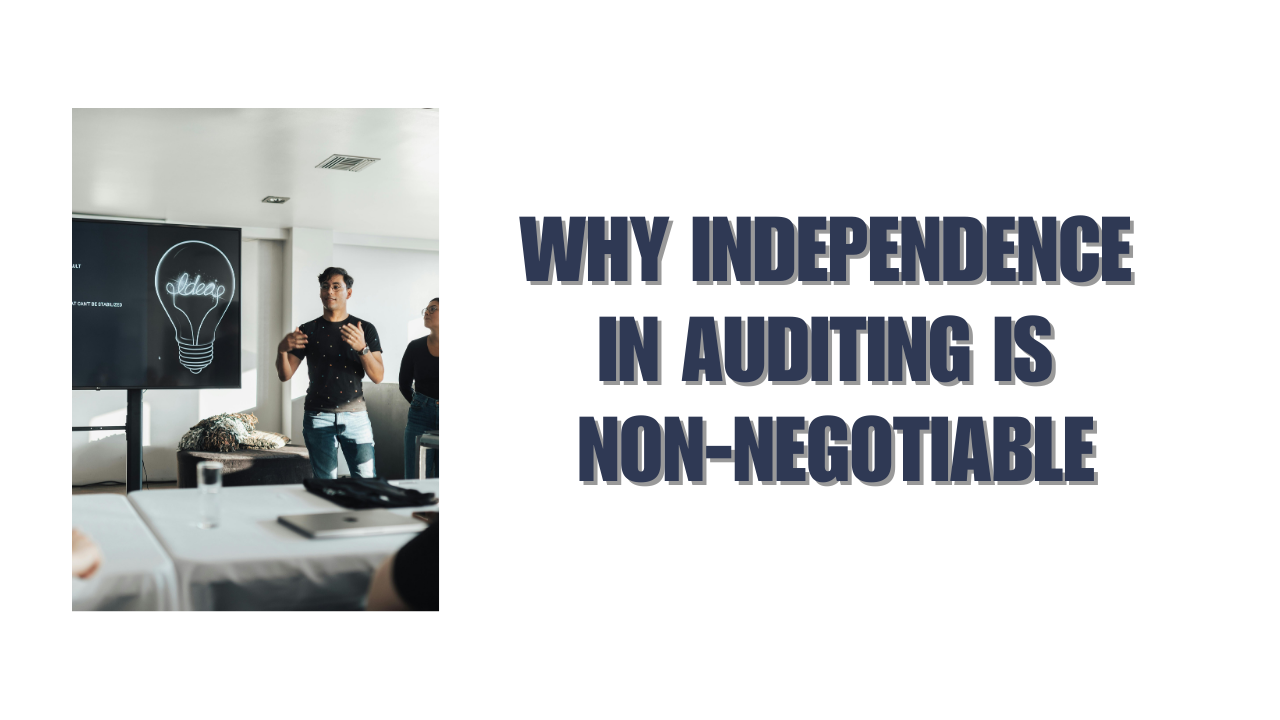The New Zealand business landscape has 450 business consulting NZ companies listed today. This staggering number might surprise you, yet many business owners don’t realize how these services could revolutionize their operations.
The business consulting scene in New Zealand offers something for everyone. You’ll find hourly rates from $25 to $300+, and consultants working solo or as part of massive organizations with 10,000+ employees. But choosing the right business advisory service can feel daunting, especially without clear selection criteria. These consulting services cover strategy management, digital marketing, IT services, and business process outsourcing.
This piece will guide you through New Zealand’s business consulting world. We’ll help you learn about what consultants do and find the perfect partner that matches your needs. Most business owners learn these valuable insights far too late in their growth experience.
What business consulting really means in New Zealand
Business consulting in New Zealand has a relatively young history that dates back to the 1970s and 80s. Management consulting remains defined as “an independent professional advisory service assisting managers and organizations to achieve organizational purposes and objectives by solving management and business problems, identifying and seizing new opportunities, enhancing learning and implementing changes”.
Common misconceptions about consulting
New Zealand business owners often misunderstand consultants’ roles by mixing them up with contractors. Notwithstanding that, a significant difference exists – contractors take on specific defined jobs, while consultants serve as advisers who help clients find solutions to unknown problems.
These myths about business consulting persist:
- Consultants get pricey (“like wounded bulls”) but the real focus should be on value added versus costs
- Your business needs to struggle or face trouble to need consulting services
- Only big or well-established businesses can benefit from consultants
- Consultants will give advice and leave you stranded
How consulting is different from general business advice
The main difference shows up in the approach and timeframe. Consulting projects target specific issues with clear endpoints, while advisory services focus on ongoing strategic planning. A consultant’s compensation links directly to agreed milestones or deliverables.
Business advisors range from broad knowledge generalists to specialists who focus on marketing or leadership coaching. Consultants bring an outside viewpoint that challenges current thinking – something people inside the organization find hard to do.
Why many small businesses overlook it
The benefits seem clear, yet 97% of New Zealand businesses operate with fewer than 10 employees. Business owners end up playing multiple roles as “the Sales manager, the Service manager, the Marketing Manager, the Administration Manager and so on”. Small business owners try to handle everything themselves instead of getting professional help.
These owners tackle complex tasks like taxes without expertise. This wastes time they could spend growing their business. On top of that, it leads to mistakes that professionals could help them avoid. The Ministry of Business, Innovation and Employment’s data shows 16,048 management consultants in New Zealand in 2014, a 10% increase from 2012 that indicates growing demand for consulting expertise.
Key types of business consulting services available
New Zealand’s consulting landscape has many specialized services that cater to different business needs. A good understanding of these service categories will help you find the right business consultant to add value to your organization.
Strategy and planning
Business strategy consultants help set your company’s direction and create growth roadmaps. They work with you to establish KPIs, develop custom plans, and solve critical issues that shape your short and long-term success. Companies like Impact Consulting excel in strategic planning for many sectors. Other firms specialize in urban planning, environmental assessments, and resource management.
Financial and operational consulting
Financial consultants help discover and maintain value through comprehensive advisory solutions. They support mergers and acquisitions, create valuation models, and provide turnaround strategies and restructuring services. Many consultancies also provide CFO advisory services. These services offer remote, unbiased financial expertise for analysis, reporting, cashflow management, and budgeting at a fraction of a full-time executive’s cost.
Technology and digital transformation
Digital transformation consultants help companies adapt to the fast-changing digital world. Respected consultants like Fusion5 use evidence-based approaches to ensure technology choices line up with business goals. Their services include IT strategy development, technology architecture planning, cloud implementation, and digital roadmaps that optimize returns on investment.
HR and workforce advisory
Workforce consultants blend organizational strategies with HR practices to boost performance. They focus on leadership development, executive coaching, workforce transformation, strategic workforce planning, and employment relations. PwC notes these specialists help “redefine the way work gets done” by creating innovative talent ecosystems that build engaged teams.
Specialized consulting for Māori businesses
Māori business consultants provide culturally-aligned advisory services based on te reo Māori me ōna tikanga through a kaupapa Māori approach. These experts connect te ao Māori with traditional corporate environments. Their knowledge covers Te Tiriti o Waitangi responsiveness, governance support, leadership development, and strategic planning for iwi entities and Māori organizations.
How to choose the right business consultant
Finding the right business consultant in New Zealand needs careful thought. A great consultant can transform your business, while the wrong one will waste your time and money.
What to look for in a consultant
Look for a consultant who has proven experience with challenges like yours. Their communication style matters too. The best consultants listen well to understand your business completely. They should motivate you and your team while showing real interest in your goals.
Respect plays a key role—top consultants value your knowledge of your business and clients. They don’t just give orders but help you develop skills to solve problems on your own.
Questions to ask before hiring
Get ready with specific questions that show if you’ll work well together:
- “Can you describe your shared process and how you report?”
- “What specific experience do you have in our industry?”
- “How do you measure success with clients?”
- “Will you sign a confidentiality agreement?”
- “What access to our data will you need?”
- “How do you keep up with industry changes?”
Of course, ask for references from past clients—especially those they worked with in the last several years, not just current ones.
Red flags to avoid
Keep an eye out for warning signs that might show a problematic consultant:
- Unclear descriptions of expertise or no specific results from past work
- Won’t or hesitates to give client references
- Pushes too hard to sell or makes unrealistic promises
- Uses one-size-fits-all approaches instead of custom solutions
- Demands big upfront payments or binding long-term contracts
- Takes too long to respond during first contacts
- Works with outdated or unusual tools
The right consultant should feel like a partner who respects your goals and offers flexibility instead of making you dependent.
Mistakes business owners make when using consulting services
Business owners, even experienced ones, can make serious mistakes when working with consultants. You can save time and money by knowing these pitfalls and get the most value from your consulting services.
Waiting too long to seek help
Kiwi business owners take pride in handling everything themselves. This self-reliant mindset creates problems since approximately 97% of New Zealand businesses have fewer than 10 employees, which forces owners to juggle multiple roles. They spend precious time on complex tasks like taxes or restructuring that lie outside their expertise.
Note that “you can’t, and shouldn’t, do it all”. Relying only on friends and family for advice is risky – expert guidance becomes vital at certain points.
Not setting clear goals
The consulting relationship needs well-defined expectations from day one. A lack of specific objectives leaves the process directionless and makes measuring outcomes impossible.
To name just one example, see New Zealand employment law which requires consultation before changing employee roles. Businesses risk legal claims for unjustified dismissal without proper goals and processes in place.
Choosing based on price alone
Budget constraints matter but making decisions solely on price often backfires. Your decision should focus more on the consultant’s track record of success.
Yes, it is the gap between value added and costs that counts – not just the hourly rate.
Ignoring industry experience
A consultant’s lack of industry-specific knowledge can get pricey. Employment law experts highlight that businesses must follow proper processes during restructuring and consult thoroughly with affected employees.
The best consultants combine specialized expertise with deep knowledge of your industry’s challenges. Without both elements, even good advice might miss vital context or practical implementation details.
Conclusion
New Zealand businesses of all sizes can benefit greatly from business consulting services. Yet many don’t tap into this resource because of common myths. Business owners often hold back from getting outside help, but the right consultant becomes a valuable asset, not just another bill to pay.
Business consulting covers many areas. These range from strategy and money management to tech upgrades and Māori business services that respect cultural values. This means you’ll find the right consulting partner for almost any business challenge.
The most important part is picking the right consultant. Business owners need consultants with solid experience, good communication skills, and real interest in their goals. They should also watch out for warning signs. These include fuzzy claims about expertise, pushy sales methods, and any unwillingness to share references.
The best results come down to timing. Many Kiwi businesses wait until their problems get too big before they ask for help. Early support works better and won’t get pricey. A clear set of goals from day one will give both sides something solid to work toward.
New Zealand’s business consulting world keeps changing. It now offers more specialized knowledge for different industries. Think of consulting as a tool for growth, not a last resort. Smart business owners know they don’t need every answer themselves – they just need to know where to look for help.
FAQs
Q1. What are the key types of business consulting services available in New Zealand?
Business consulting services in New Zealand include strategy and planning, financial and operational consulting, technology and digital transformation, HR and workforce advisory, and specialized consulting for Māori businesses.
Q2. How much do business consultants typically charge in New Zealand?
Business consultant rates in New Zealand can vary widely, ranging from under $25 to over $300 per hour, depending on the consultant’s expertise and the specific services provided.
Q3. What should business owners look for when choosing a consultant?
When selecting a business consultant, look for proven experience in addressing similar challenges, strong communication skills, a collaborative approach, and the ability to provide specific examples of past successes and client references.
Q4. What are common mistakes business owners make when using consulting services? Common mistakes include waiting too long to seek help, not setting clear goals for the consulting engagement, choosing consultants based solely on price, and ignoring the importance of industry-specific experience.
Q5. How can business owners avoid falling into the trap of survivorship bias?
To avoid survivorship bias, business owners should learn not only from successful examples but also from failures. Evaluate both successes and failures in your industry to gain a more comprehensive understanding of what works and what doesn’t.






